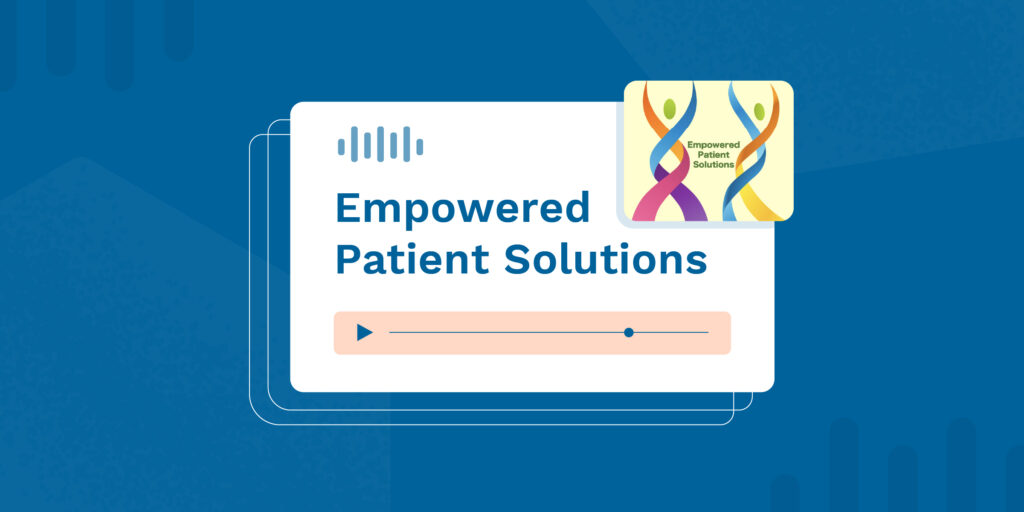The college experience is sure to be different this fall, as campuses rework schedules, classroom setups, dorm life, cafeterias, and more in the wake of COVID-19. On-campus health centers will be especially critical for managing student health. Here are some possible changes afoot for students and how they can best protect their health.
College Health Centers: Addressing Complex Student Issues
Even before COVID-19, college health centers have been facing evolving demands and challenges. It has become increasingly clear that students’ mental health is of the utmost importance, and college health centers have adapted to provide more mental and emotional supports and services.
Student health administrators see the need for online platforms to provide easy-to-execute transfers of medical records, telehealth services, appointment reminders, and message delivery. Health centers on college campuses also act as important disseminators of public health messages and alerts. They can share alerts to the college community to create and maintain trust, and do their due diligence with increasing awareness of health conditions that students may be more susceptible to from living in close quarters, like meningitis, or in this year’s case, COVID-19.
The Cooperative Institutional Research Program’s Freshman Survey reports that student physician and mental health has been on the decline since 1985. Many college health centers have expanded their offerings to include more counseling and preventative care services. Campus safety training and awareness programs are also paramount in today’s climate. Telehealth services have continued to be integrated into college health center online platforms and care.
How Will College Health Centers Adapt to the Pandemic?
Colleges and universities across the country are beginning to announce their plans for the fall semester. Many have chosen to begin the fall semester early, cancel fall break and end before Thanksgiving to avoid a second wave of coronavirus infections. The requirement of masks and half-empty classrooms will be two other common strategies across the country.
Other higher education centers, particularly those with large student bodies and significant commuter populations, have decided to hold fall 2020 classes online and restrict access to campus entirely.
What does this mean for on-site health centers? Campuses that remain open for students will likely curtail walk-ins and require scheduled appointments. Health centers may also require a temperature reading and assessment of COVID-19 symptoms before seeing students in person.
In regards to COVID-19 testing, health centers will likely coordinate with off-campus testing centers. Universities with large medical school programs may also offer on-site testing centers. Boston University recently unveiled a plan to create its own testing site with regular screenings of faculty and students. As antibody and antigen testing are made available to the market, higher education institutions will likely use the results of these tests to inform their re-opening strategies.
Students can expect more telehealth appointments in general, for everything from sinus infections to online counseling. Many colleges already use electronic health records to track and monitor student health. These records, combined with integrated patient portals, will help students stay in contact with providers from afar and keep tabs on their health. Electronic prescriptions will continue to be a valuable resource for conveniently increasing medication adherence.
It’s important for parents and loved ones to encourage students to use these virtual options and continue to take care of their health. From virtual workout classes to phone or internet counseling sessions, there are many options for student health. College life will continue to look a bit different in the short-term, but with the right prescription of comprehensive health services, students can build long-term healthy habits.




